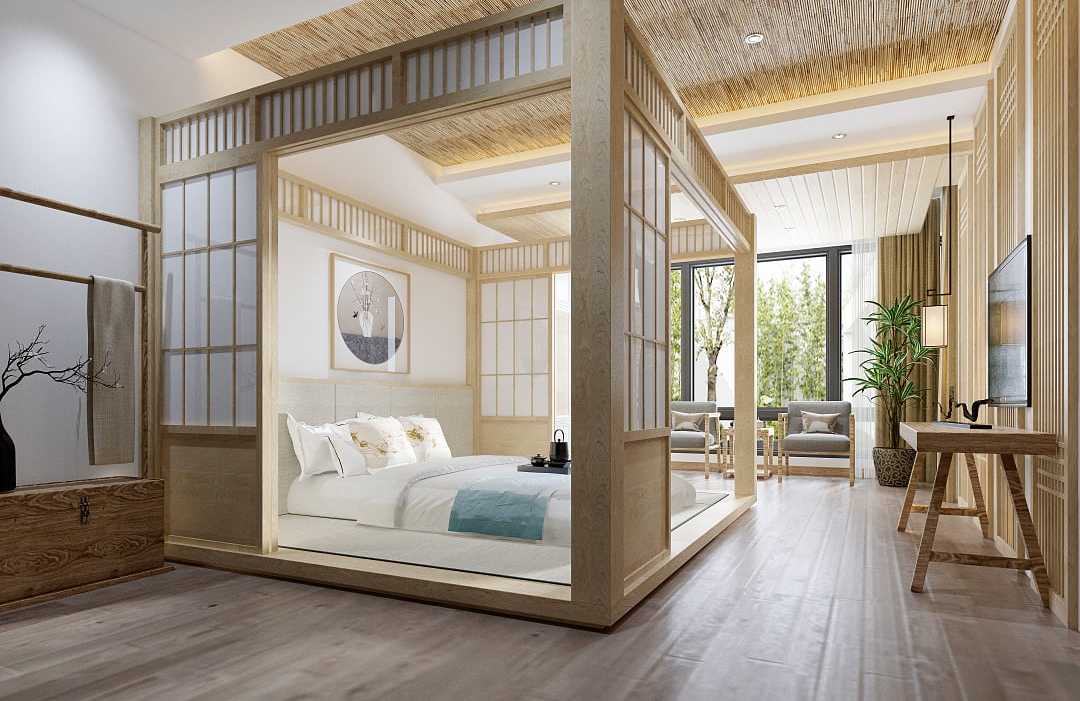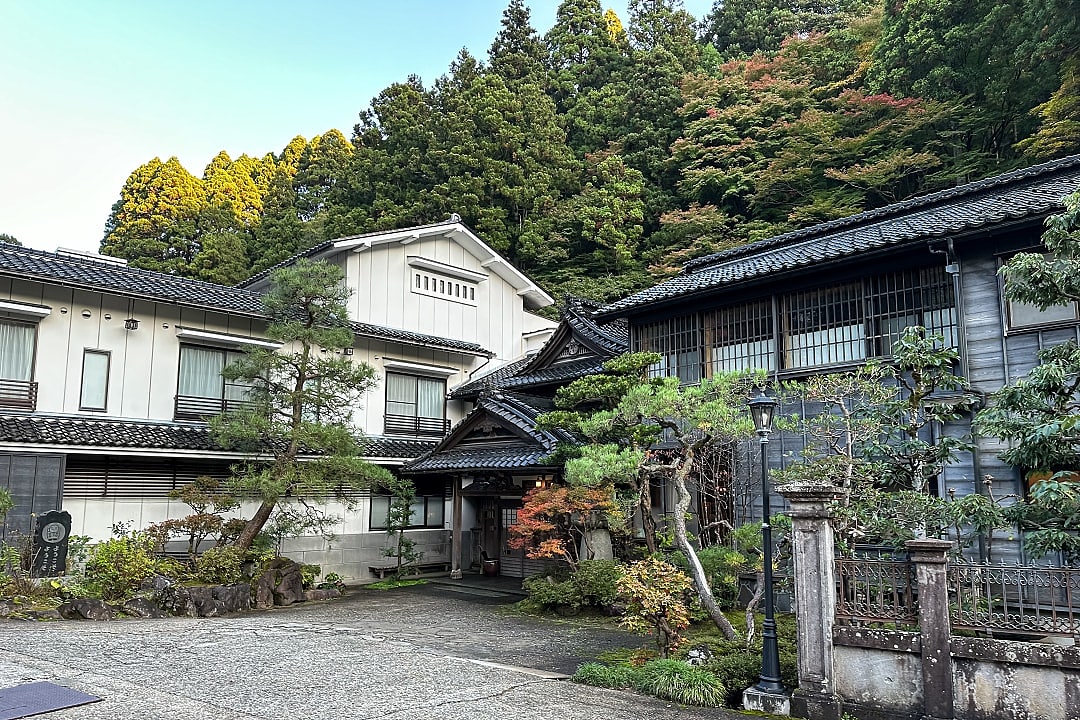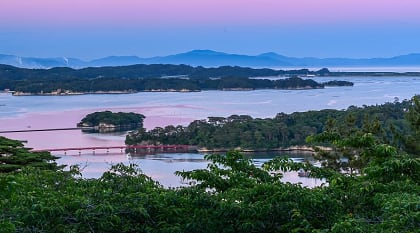In Japan, Airbnbs range from minimalist city apartments and traditional machiya townhouses to sprawling countryside villas and unique designer homes. Many offer self-check-in, digital guidebooks, and a sense of autonomy, allowing you to settle in as if you were a local. The experience is fundamentally self-directed, with amenities and service levels varying widely.
A luxury Airbnb in Kyoto might be a meticulously restored 100-year-old machiya with a private zen garden, where you can enjoy morning meditation to the sound of nearby temple bells. In Tokyo, you might find yourself in a sleek penthouse in Aoyama, with floor-to-ceiling windows showcasing the glittering skyline and Mount Fuji on clear days.
Hotels are defined by their consistency and professional hospitality, offering an essential safety net if you are new to Japan. Luxury hotels provide not just attentive staff and 24-hour reception, but also a reassuring environment where language barriers vanish and cultural navigation becomes effortless. With concierge teams fluent in multiple languages, you receive guidance on everything from proper etiquette to hidden local gems, transforming potentially overwhelming experiences into seamless adventures.
If you are unfamiliar with Japan's intricate customs, hotels serve as cultural bridges. Staff members can explain bowing etiquette, help with restaurant reservations where English might not be spoken, and provide detailed directions using local landmarks. They might suggest appropriate attire for temple visits, recommend less-crowded times for popular attractions, or even demonstrate the proper use of chopsticks during your first in-hotel dining experience.
















